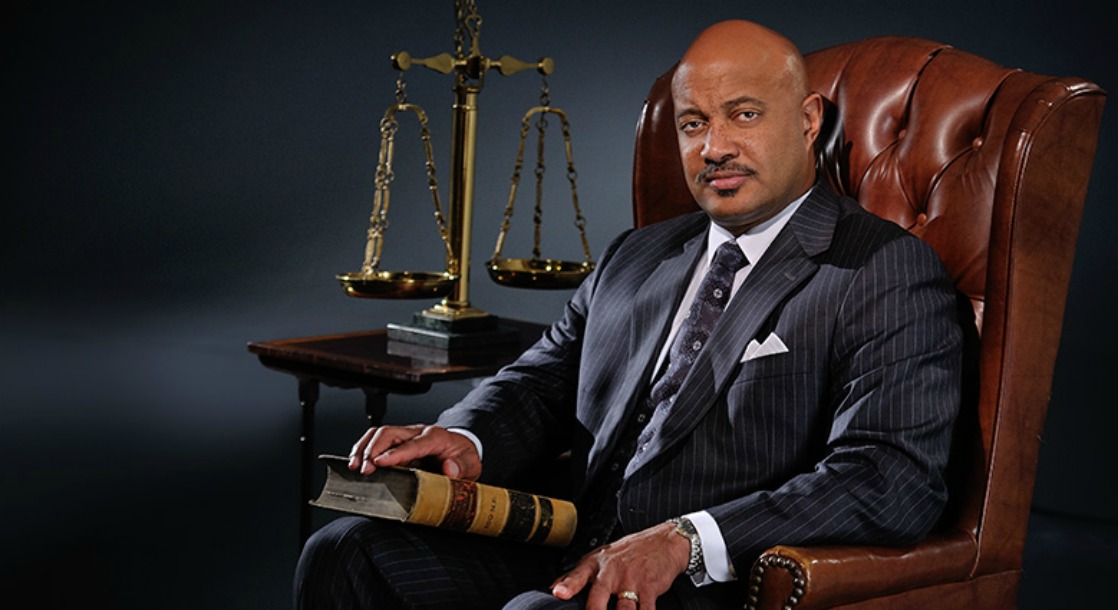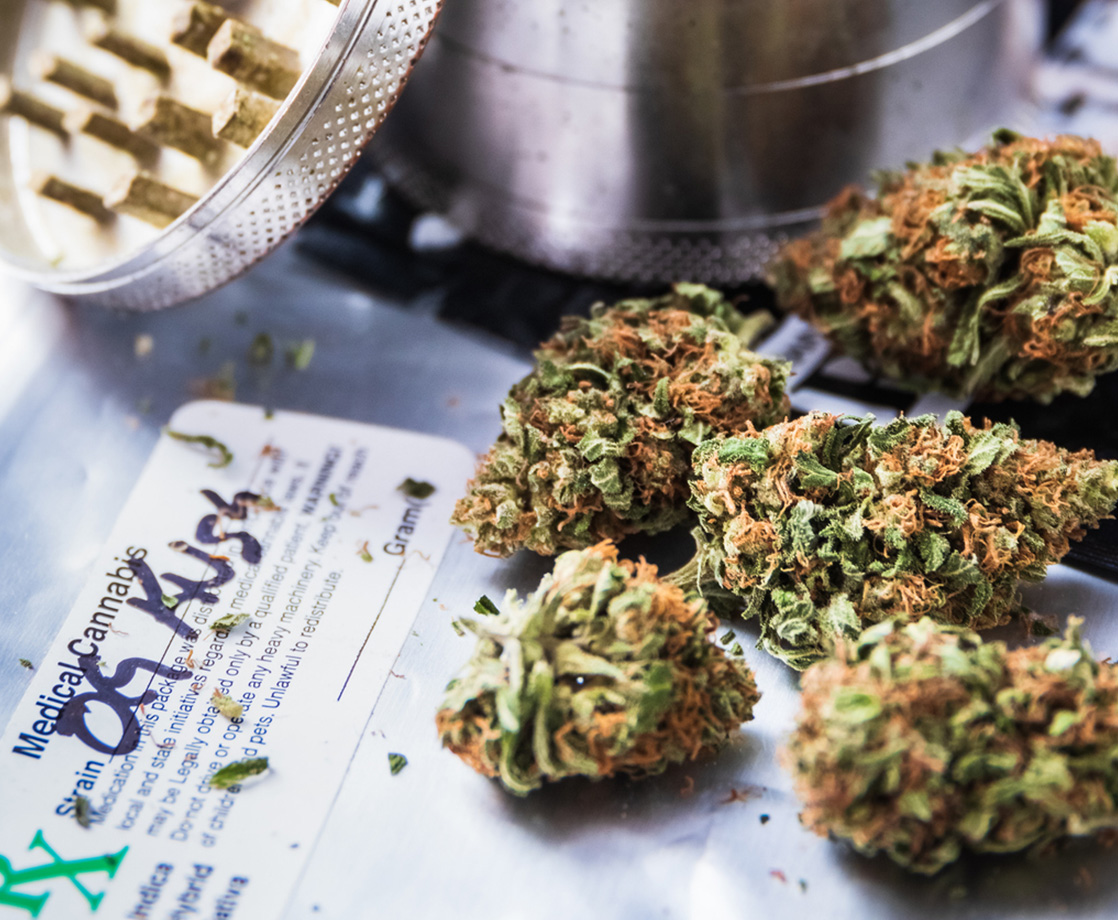Indiana Attorney General Curtis Hill is urging state lawmakers not to give any consideration to the prospect of legalizing marijuana.
In a recent opinion article published by the Indianapolis Star, Curtis cautioned lawmakers to beware of the dreaded marijuana lobby, which he believes is masterminding an evil scheme to make weed fully legal in the Hoosier State.
“These activists want you to believe their end goal is inevitable. The only question in their minds is how long they must wait for the rest of us backward Hoosiers (as they see us) to embrace their agenda,” he wrote, adding that, “one must concede that odds are tilting in favor of legalization.”
Attorney General Curtis, the state’s leading law enforcement officer, continued by spewing a series of cliché arguments against marijuana legalization and suggesting that it causes “long-term risks to health, safety, education and employment, especially among those who start young.”
However, Curtis fails to acknowledge that one of the main arguments in favor of legalization is that it makes it more difficult for children to get their hands on marijuana – ideally, putting the substance only in the hands of adults the same way the law does now with respect to alcohol and tobacco.
In fact, despite Curtis’ concern for what legal marijuana means for society’s youth, the latest statistics coming from Colorado, the first state in the nation to establish a taxed and regulated cannabis market, shows there has been no increase in teen consumption since legal sales began back in 2014.
“We haven’t seen a spike in teenage use. We haven’t seen a giant increase in people’s consumption of marijuana,” said Colorado Governor John Hickenlooper. “Seems like the people who were using marijuana before it was legal, still are. Seems like the people who weren’t using marijuana before it was legal, still aren’t.”
Still, Curtis is worried that legalization would create more problems with stoned driving on Indiana highways. Once again though, statistics coming out of Colorado show that legalization has not created a major uptick in people driving under the influence of marijuana.
“It’s not as much of a public danger as it was made out to be when recreational marijuana was first legalized,” Jay Tiftickjian, a Colorado DUI attorney, told The Denver Post.
Then there is the beaten horse argument of “marijuana legalization is also linked to crime.” Curtis believes Indiana will become a thunderdome of violent crime if lawmakers make a move to end prohibition. However, if we take another look at Colorado, more crime is not something that seems to be associated with the legalization of marijuana.
“In the short run, there have been a lot fewer public safety and health issues than the governor feared in the beginning,” Andrew Freedman, Colorado’s former marijuana czar, told the Los Angeles Time. “In the beginning, we had problems with edibles and hash oil fires but now, for the most part, Colorado looks a lot like it did before legalization.”
Curtis wants lawmakers to understand why they should not treat marijuana like alcohol and tobacco. He says the difference is those substances took a long time to make legitimate.
“Alcohol and tobacco became established as legal products over many centuries. We could not put those genies back in their bottles even if we wanted,” he wrote. “We must fight the negative consequences of their abuse in ways other than prohibition. In discussing illegal substances, however, booze and tobacco are tossed into conversations simply as red herrings. We should not be so easily distracted.”
Not only does Curtis not want pot legalized for recreational purposes, he does not buy into the concept of medical marijuana either.
“Simply legalizing “marijuana as medicine” is just a timid way of tiptoeing into waters that conscientious lawmakers know in their hearts should be avoided,” he wrote.
The state’s Attorney General believes Indiana should keep doing its own thing – busting pot offenders and not allowing any semblance of legalization to seep into the conservative system.
Unfortunately, maintaining prohibition is likely costing Indiana millions of dollars a year just to lock up cannabis offenders. The anti-weed stance is also preventing the state from capitalizing on some much needed tax revenue. Some of the latest reports show that Colorado, which is not seeing an increase in youth consumption, stoned driving, or crime, generated $200 million in marijuana taxes in 2016.











